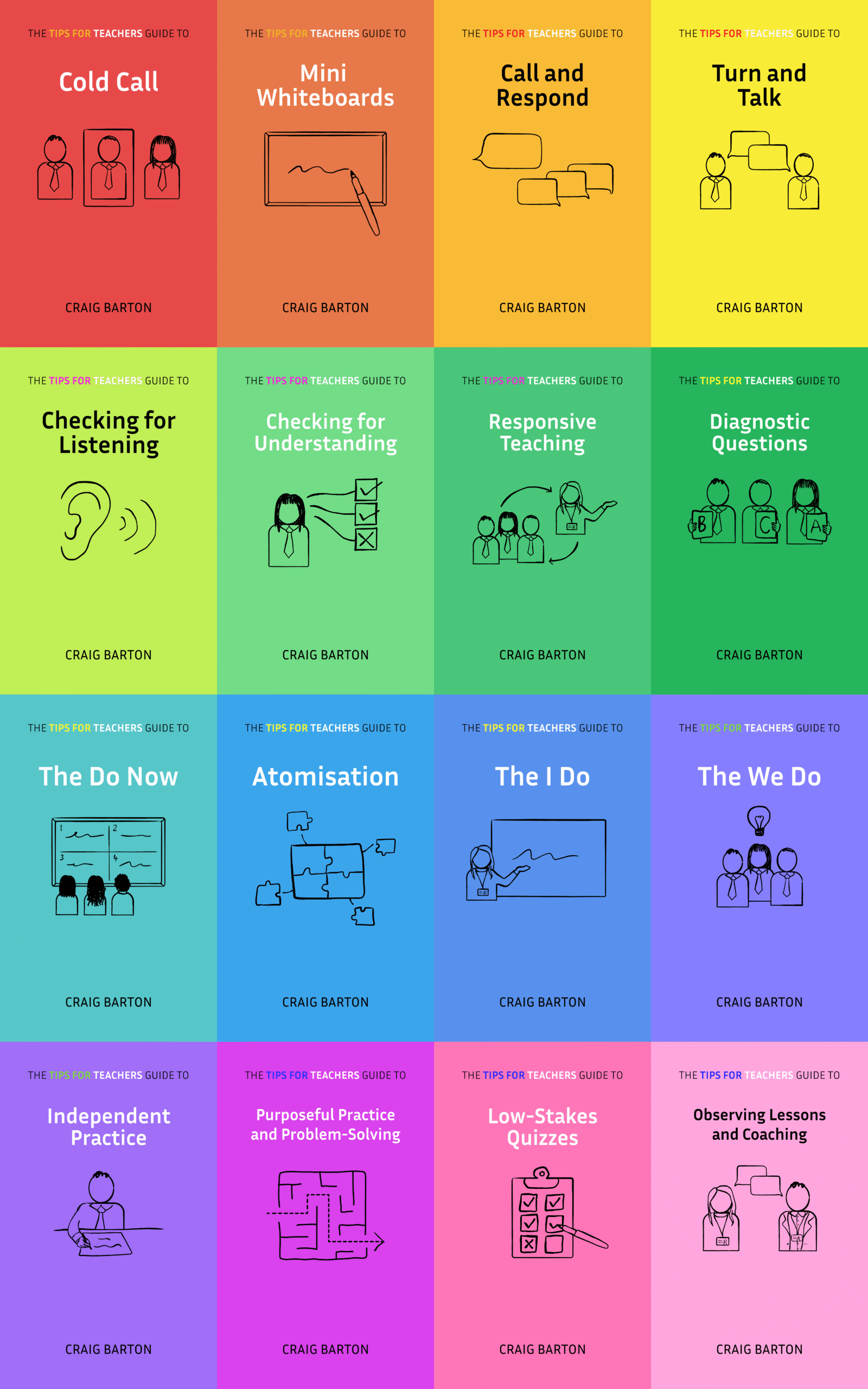
- Title: The memorial consequences of multiple-choice testing
- Authors: Marsh, Roediger, Bjork and Bjork
- Access the original paper here
- Listen to a deep-dive podcast:
Paper summary
This research explores the effects of multiple-choice tests on student learning. While testing generally improves later performance (the testing effect), it also introduces students to incorrect answers. The study reveals that students may learn and retain these false facts, particularly those arrived at through reasoning rather than guessing. However, the overall positive impact of testing surpasses its negative consequences. The researchers suggest strategies to mitigate the negative effects, including immediate feedback and “don’t know” options. Ultimately, the findings highlight the complex interplay between testing and knowledge acquisition, challenging the simplistic view of tests as purely assessment tools.
What are the key implications for teachers in the classroom?
Multiple-choice tests can both positively and negatively affect students’ knowledge, and understanding these effects can help teachers optimize their classroom practices.
Here are some key implications for teachers:
- Testing enhances memory and learning: Tests are not just assessment tools; they also serve as learning opportunities. Testing improves students’ performance on later tests compared to conditions where students are not tested after learning. This effect is not limited to simple definitions but also applies to more complex concepts.
- Multiple-choice tests provide retrieval practice: Tests help students retrieve information, and this practice strengthens memory. The answer options in multiple-choice tests can also serve as retrieval cues, which helps students recall information.
- Tests can activate pre-existing knowledge: Taking a multiple-choice general knowledge test can improve performance on a later test, even if the material was not recently studied. Tests can cue and activate marginal knowledge that might not have been accessible otherwise.
- Multiple-choice tests can teach new facts: Students can learn new facts from multiple-choice tests by using reasoning to eliminate lures and select the correct answer.
- Multiple-choice tests can also lead to the learning of incorrect information: Students may endorse incorrect answers from multiple-choice options, and this can cause those answers to persist in later recall. These errors are more likely to persist if the student selected the incorrect answer on a previous multiple choice test.
- Errors that result from reasoning are more likely to persist: Errors that students make when they use reasoning or personal experience to justify their answer are more likely to persist than errors that are the result of guessing.
- The positive effects of testing outweigh the negative effects: Although students may learn incorrect facts from multiple-choice tests, the positive effects of testing on memory and learning are greater.
- Immediate feedback is crucial: Providing immediate feedback on tests can reduce the likelihood of students learning and using incorrect answers later. Tools like the Immediate Feedback Test (IFAT) can be useful in this regard.
- Consider using a “don’t know” option: Providing a “don’t know” option, along with a penalty for selecting wrong answers, can reduce the production of incorrect answers in later tests. This may encourage students to avoid guessing and instead choose not to answer when unsure.
- Vary the types of test questions: Teachers can change the ways concepts are tested across exams. Switching from definitional multiple-choice questions to application-based questions can reduce negative testing effects. However, note that testing with questions of higher level in Bloom’s taxonomy does not change the overall positive or negative effects of testing .
- Tests can modify knowledge: Tests modify the knowledge that they are designed to assess. So, teachers must consider the implications of testing beyond simply assessing what a student knows.
- Tests can provide feedback to the learner: Tests provide feedback to the learner on what has and has not been learned, and can enhance the efficiency of subsequent study opportunities.
- Understanding the processing dynamics triggered by testing is required to construct optimal tests: Not every test will have positive effects and avoid negative ones. Teachers need to understand what the research says about the cognitive processes involved in testing to make the best use of this teaching tool.
In summary, while multiple-choice tests can be a valuable tool for enhancing learning and memory, teachers should be aware of the potential for students to learn incorrect information. By providing immediate feedback, using “don’t know” options, and varying the types of test questions, educators can maximize the benefits of testing while minimizing negative consequences.
Quote
The overall positive effect of testing…outweighs any negative consequences








